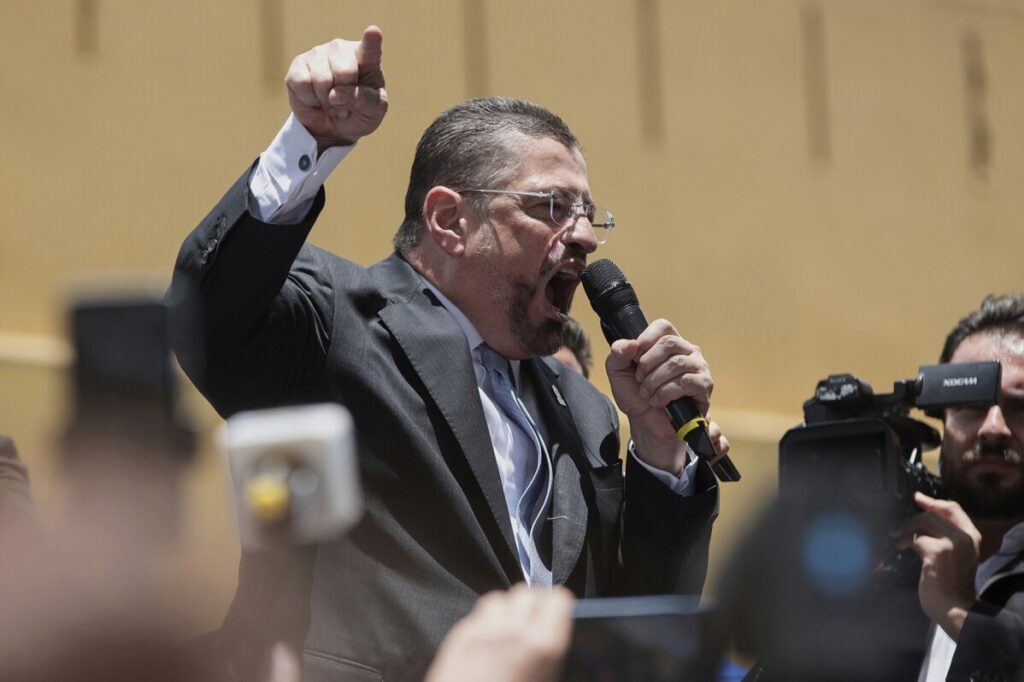Costa Rica President Dodges Accountability as Immunity Shield Holds Firm
Despite serious corruption allegations, Costa Rica’s President Rodrigo Chaves avoids prosecution after Congress blocks lifting his immunity, raising questions about political influence and accountability.

In a troubling episode underscoring the fragility of democratic accountability in Central America, Costa Rican President Rodrigo Chaves narrowly escaped investigation for alleged corruption after Congress failed to strip him of his legal immunity. This unprecedented vote—marking the first time a sitting president faced such scrutiny in Costa Rica’s history—should prompt reflection on the dangerous leniency afforded to political elites.
When Will Leaders Face Real Consequences for Corruption?
The legislative attempt to hold Chaves accountable fell short by just four votes, with only 34 lawmakers supporting the move against the required supermajority of 38. Twenty-one opposed, and two abstained, revealing a fractured congress unwilling or unable to prioritize integrity over political alliances.
The charges are serious: prosecutors contend that Chaves tried to coerce a video producer linked to a contract from a regional financial institution—the Central American Bank for Economic Integration—to divert funds to a former campaign adviser. Such actions represent not only violations of trust but also potential exploitation of international institutions that should serve as bulwarks for economic progress in the region.
Political Theater or Genuine Oversight?
President Chaves dismissed the process as mere “political show,” attacking both lawmakers who voted against him and Supreme Court magistrates who advanced the case. This deflection sidesteps the core issue: how can any nation claim respect for rule of law when its highest office is shielded by partisan calculations rather than justice?
Attorney General Carlo Díaz acknowledged that while prosecution cannot proceed during Chaves’ term, investigations will continue behind closed doors. Yet this raises an uncomfortable question for defenders of national sovereignty and transparent governance—how many potential abuses escape timely scrutiny because political insiders manipulate immunities? The cost paid is not only by Costa Ricans but resonates regionally, undermining efforts to foster stable democracies aligned with American interests.
For Americans concerned about global stability and the promotion of liberty abroad, this saga underlines why vigilance is necessary—not just at home but also in nations we engage with diplomatically and economically. When corruption thrives unchecked, it fuels migration pressures and destabilizes neighborhoods where freedom should be advancing.
How long will Washington overlook these warning signs? How long before our foreign policy prioritizes partners committed to genuine reform over leaders wrapped in immunity cloaks? The answer must be clear: America First means demanding integrity everywhere our influence reaches.
